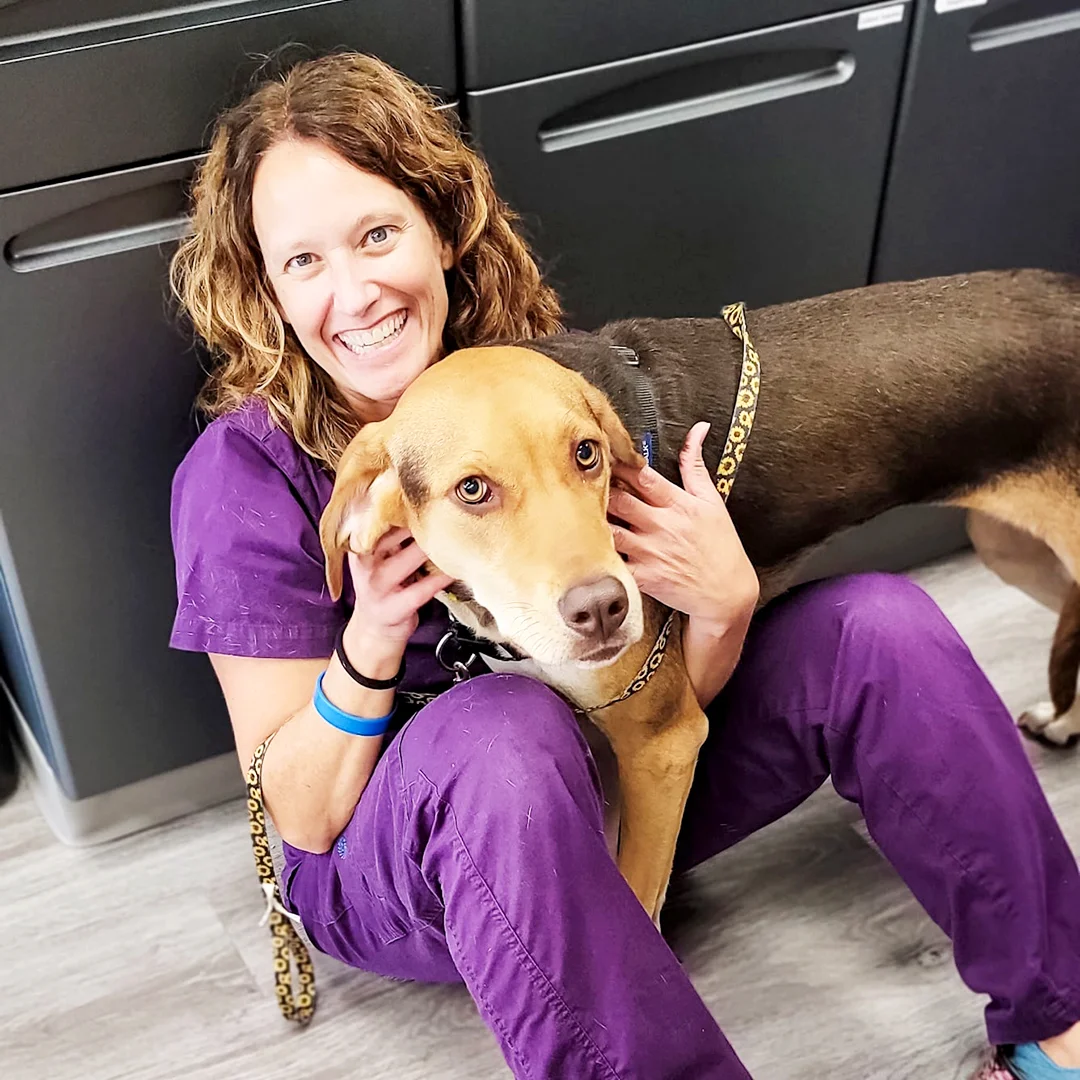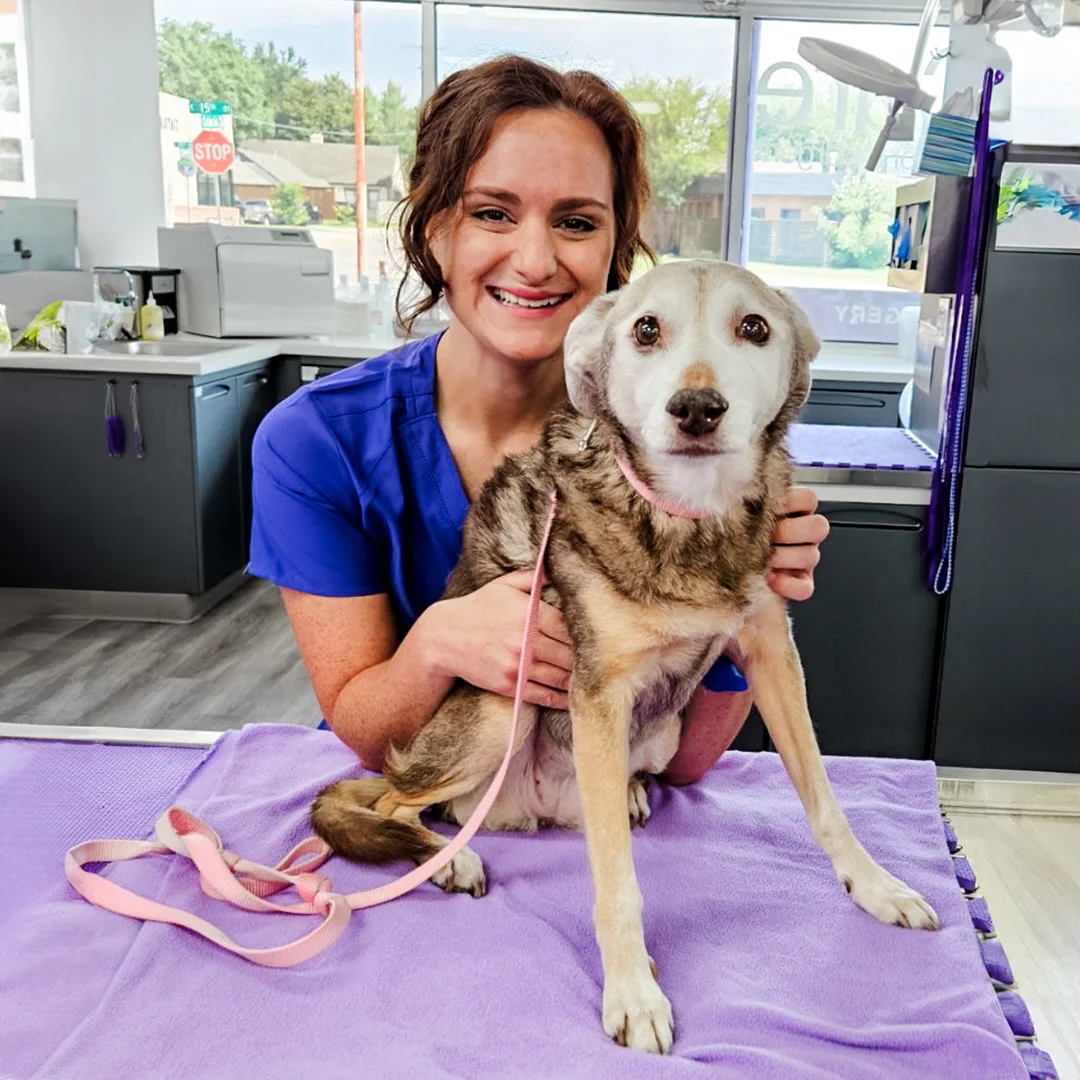Your Pet’s Comfort is

Veterinary Emergency & Urgent Care | Open 7 days a week | Walk-ins welcome
About STATVet
STATVet has locations in Midtown Tulsa and South Tulsa. We are 100% locally owned and founded by an experienced Emergency Veterinarian to address Tulsa’s need for convenient, affordable, and transparent emergency and urgent care for pets.
We bridge the gap between your family veterinarian and 24-hr veterinary ICUs.
STATVet treats most pet illnesses and injuries, offering immediate care and emergency surgeries with diagnostics, IV fluids, pain control, and medications available on-site.
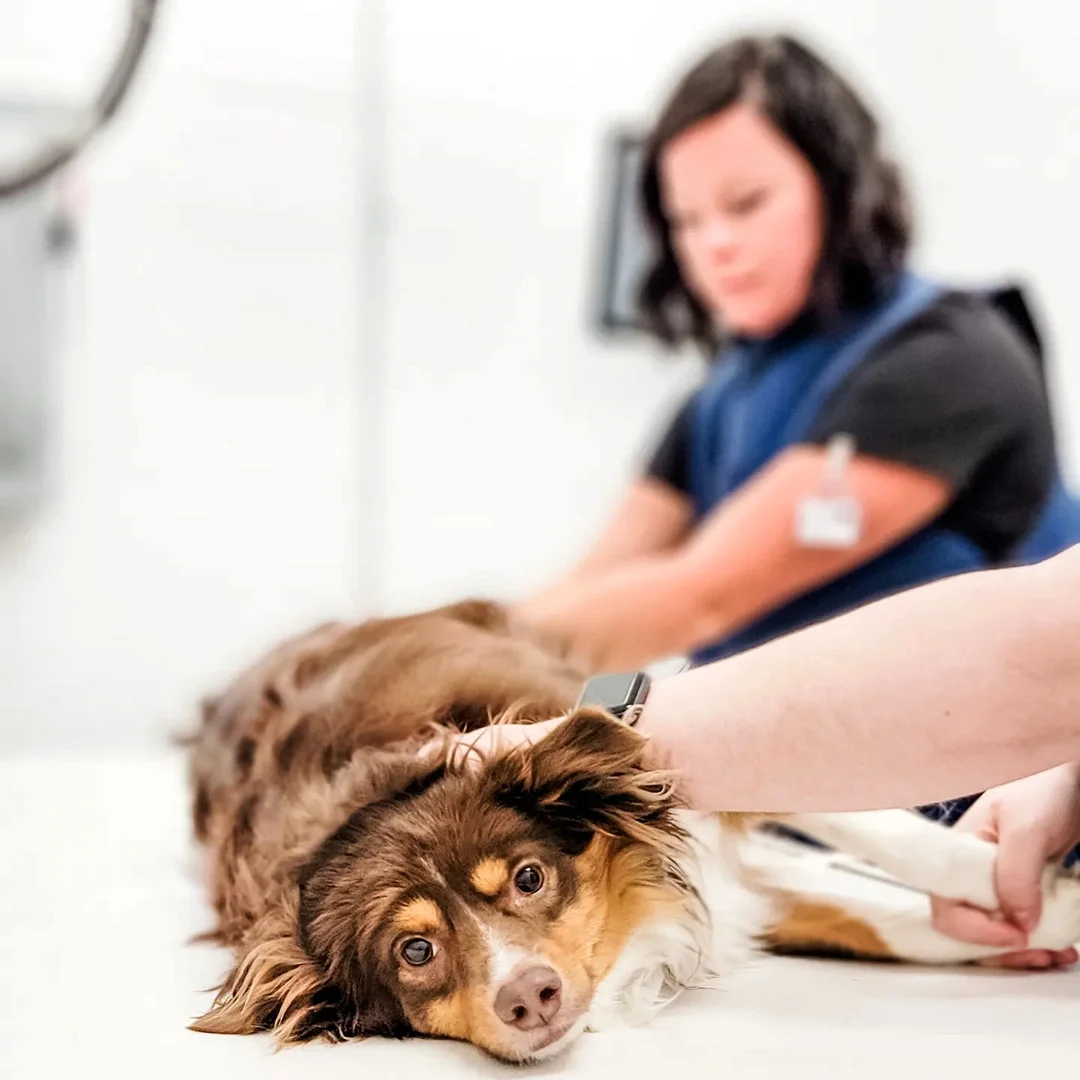
Emergency Care
Experienced ER Veterinarians providing care for your pet 7 days a week.
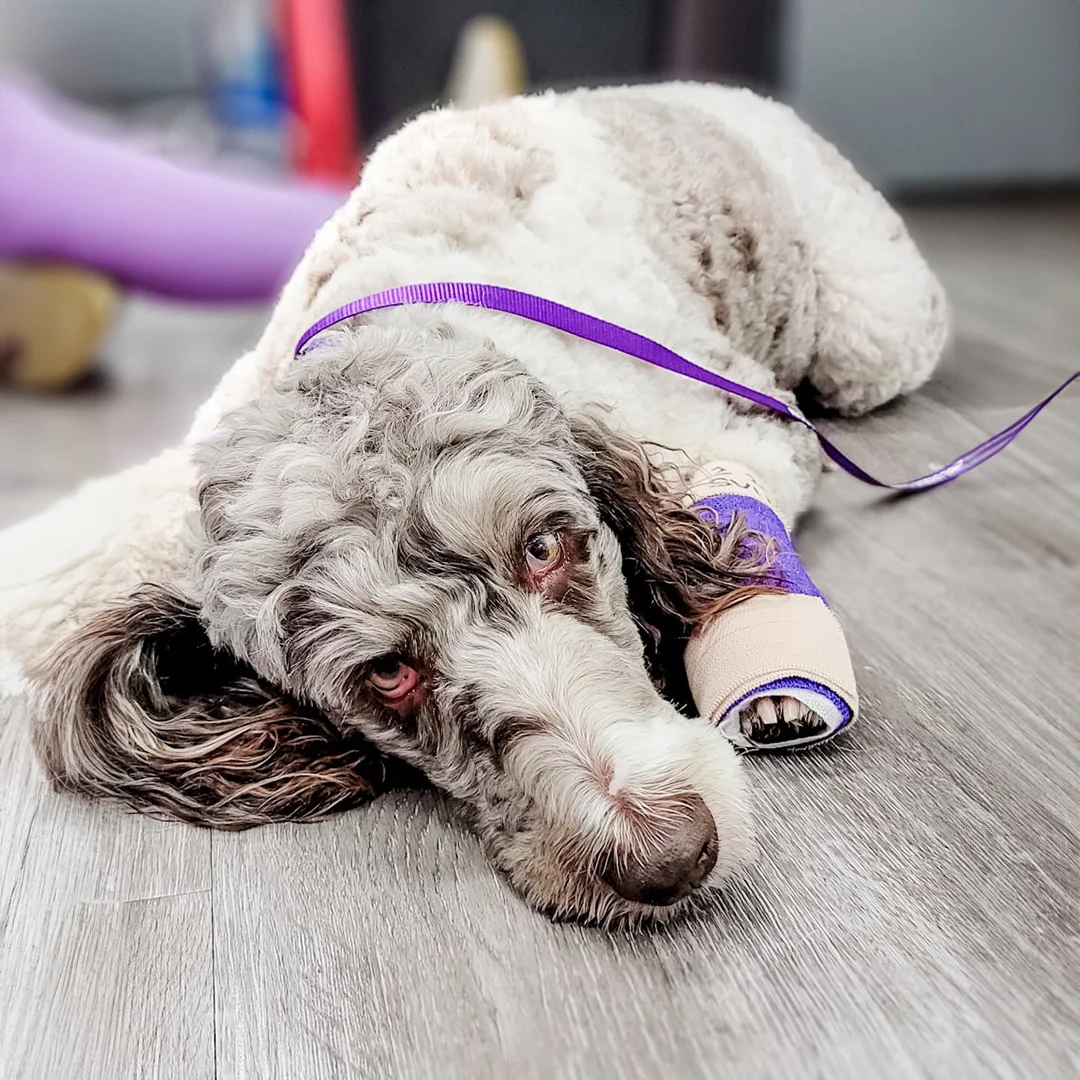
Urgent Care
Delivering high quality urgent care for your pet’s illnesses and injuries with shorter wait times and lower cost than 24-hour hospitals.
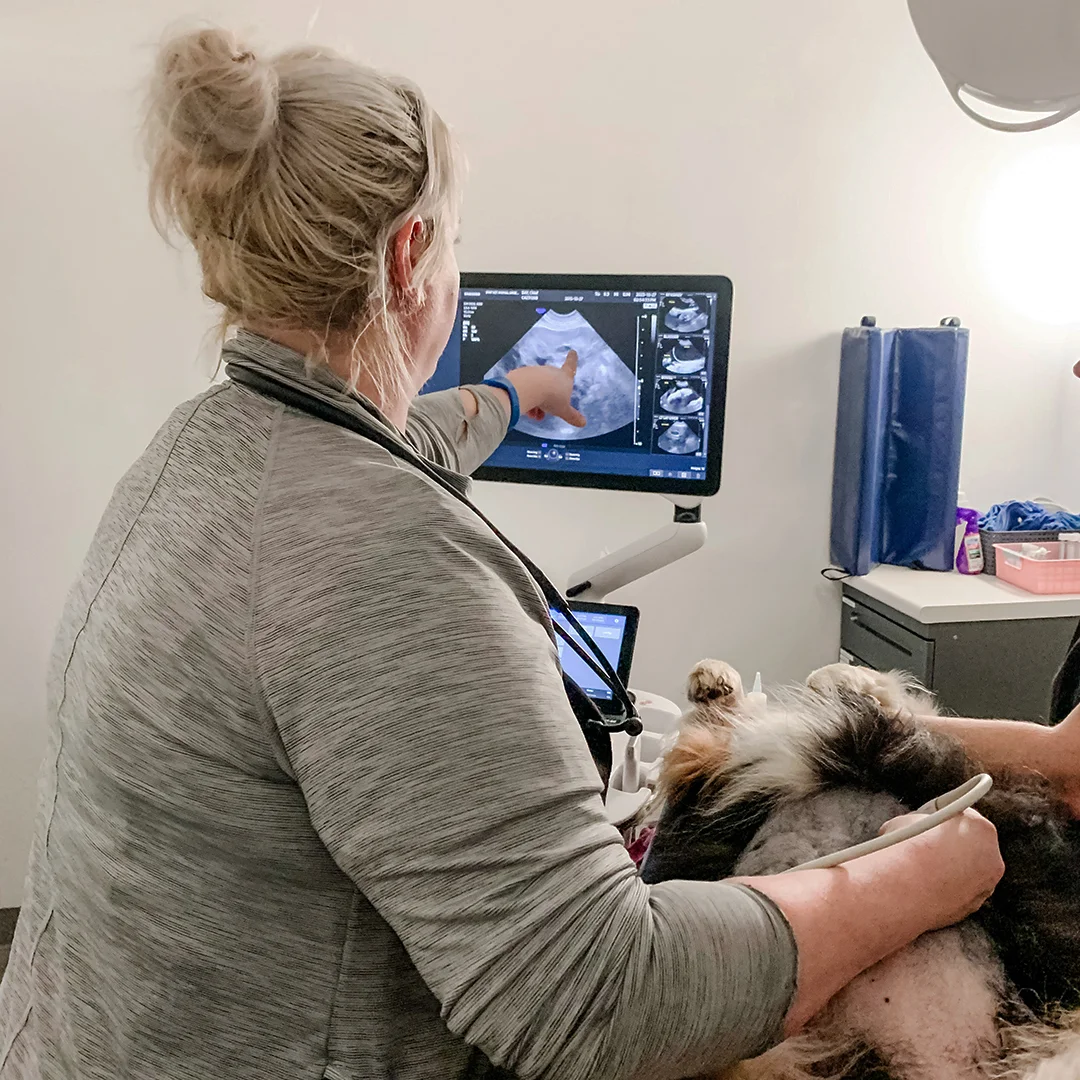
Ultrasound
Offering precise, on-site ultrasound imaging for accurate diagnosis.

Emergency Surgery
STATVet performs emergency surgeries with advanced care and expertise.
Same Day Emergency & Urgent Care
STATVet’s team of experienced Emergency Veterinarians and Veterinary Nurses is prepared to care for your pet 7 days a week. We offer bloodwork, X-rays, ultrasound, endoscopy, emergency surgery, and treatment for most acute illnesses and injuries.
Same Day Emergency & Urgent Care
STATVet’s team of experienced Emergency Veterinarians and Veterinary Nurses is prepared to care for your pet 7 days a week. We offer bloodwork, X-rays, ultrasound, endoscopy, emergency surgery, and treatment for most acute illnesses and injuries.


